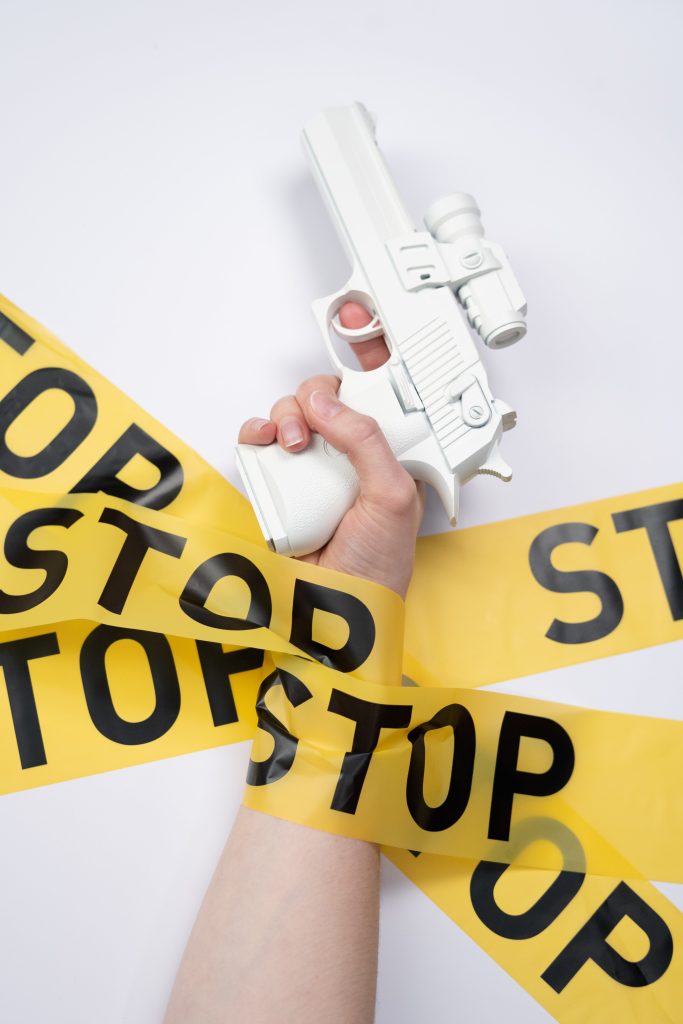Coping with the loss of a loved one is a challenging time, and managing their firearms can add emotional weight to an already difficult situation. This article provides practical guidance on the immediate steps to take after a loss, legal procedures for firearm inheritance, distribution options, compliance with federal laws, seeking professional advice, and concluding the process.
Immediate Steps After a Loss
Dealing with a loved one’s firearms after their passing requires careful attention. The first crucial step is to ensure the safe and legal handling of the guns and ammunition. If you’re not familiar with firearms, seek assistance from knowledgeable individuals or local gun stores. Checking and understanding local laws is essential for preventing legal complications.
Checking Local Laws and Regulations
Firearm laws vary by state, necessitating a thorough understanding of the specific regulations in your area. Some states may require permits or licenses for firearm possession or transfer, while others may have restrictions on certain types of firearms. Complying with these laws ensures a smooth and lawful inheritance process.
Legal Procedures for Firearm Inheritance
Once immediate safety measures and local law compliance are addressed, initiating the probate process becomes crucial for understanding the legal implications of transferring firearms.

Initiating the Probate Process and Legal Implications
Probate, the legal procedure for administering a deceased person’s estate, involves identifying and distributing assets, including firearms. Consulting with a probate lawyer ensures compliance with all legal requirements.
Conducting Background Checks for Potential Heirs
Before transferring firearms to potential heirs, conducting background checks is a prudent step to ensure eligibility and compliance with federal and state laws. This safeguards against transferring firearms to individuals who may pose a risk. Consulting with licensed firearms dealers or background check service providers can streamline this process.
Completing Necessary Firearm Transfer Documentation
Establishing a legal transfer of firearms requires completing required documentation, such as a bill of sale, transfer forms, or other paperwork mandated by local and federal laws. Collaboration with an attorney or knowledgeable firearms dealer facilitates a smooth transfer.
Options for Distribution
After addressing legal procedures, respecting the deceased’s wishes while ensuring compliance with laws is crucial when considering distribution options.
Direct Bequest as Per the Deceased’s Wishes
Honoring explicit wishes regarding specific individuals inheriting certain firearms is essential. Legal procedures and transparent documentation must still be followed to maintain a compliant process.
Exploring Selling or Donating Firearms
In cases where no explicit wishes exist, selling or donating firearms becomes a viable option. Selling can provide financial support, while donating to charitable organizations contributes to a meaningful cause.
Participating in Firearm Buyback Programs
Community-organized firearm buyback programs offer a responsible means to dispose of unwanted firearms. This not only ensures safe disposal but also contributes to community safety.
Ensuring Compliance with Federal Laws

Adhering to federal regulations is crucial in addition to local laws.
For firearms falling under NFA regulations, collaborating with a Federal-Firearm License (FFL) holder is necessary for legal transfer and compliance with federal regulations.
Seeking Professional Guidance
Given the complexity of the process, seeking guidance from firearm experts, attorneys, or knowledgeable individuals is crucial. Firearm experts, such as dealers or attorneys specializing in firearms law, provide valuable guidance throughout the inheritance process, addressing challenges, legal requirements, and safety concerns.
Closure and Finalizing the Process
As the inheritance process concludes, specific steps ensure closure and the legal finalization of firearm transfers.
Notifying Authorities about the Transfer, if Required
Depending on jurisdiction, notifying local authorities or law enforcement about firearm transfers maintains transparency and legality.
Confirming the Legal Eligibility of New Firearm Owners
Before finalizing the transfer, confirming the legal eligibility of recipients through background checks, if required, ensures safety and compliance with laws.
Closing Chapters: Honoring Legacies with Responsible Firearm Inheritance
Navigating the bequeathing and inheriting of firearms involves careful consideration of legal requirements, safety concerns, and honoring the deceased’s wishes. By understanding and following the outlined steps, this complex task can be approached responsibly, ensuring compliance with local and federal laws and preserving a loved one’s legacy in a lawful and respectful manner.
This article was written by Douglas Parker, a parallel legal assistant working with Manshoory Law Group, APC.
=====
Become a Survival Dispatch Insider …
We bring together survival enthusiasts and preppers to share skills and knowledge, so you can enhance your preparedness for emergencies and ensure the safety of you and your community.
The Results You’ll Get …
Our community, courses, and memberships are pretty special. We’re focused on the ways it will make a huge difference in your life.
Here are a few of the things you’ll be able to do as a member of Survival Dispatch Insider …
1) Improve your emergency preparedness by learning survival skills and strategies from experienced preppers.
2) Build lasting connections with like-minded individuals that share your passion for safety and readiness.
3) Access a wealth of knowledge and resources to assist in protecting you and your community during unexpected situations.
Click HERE to get started.
=====
